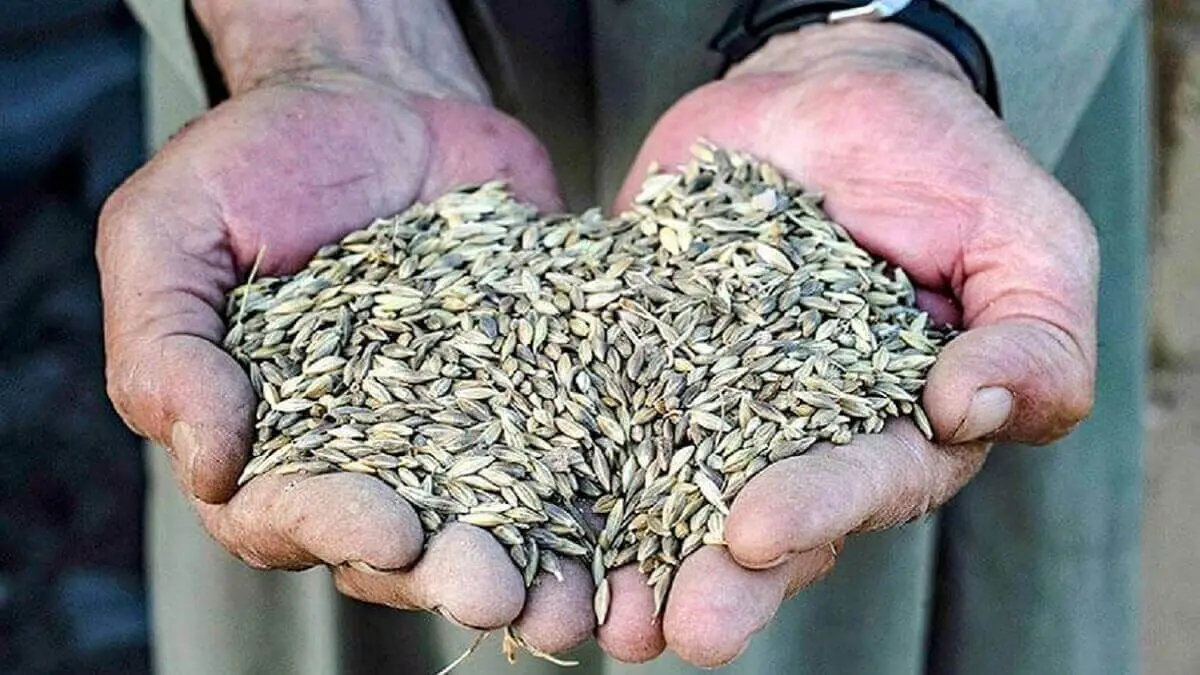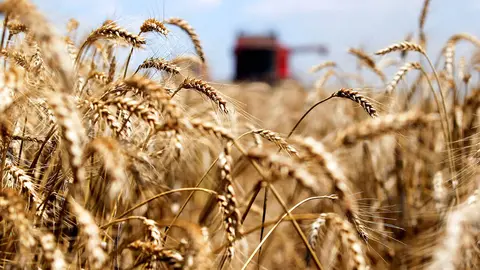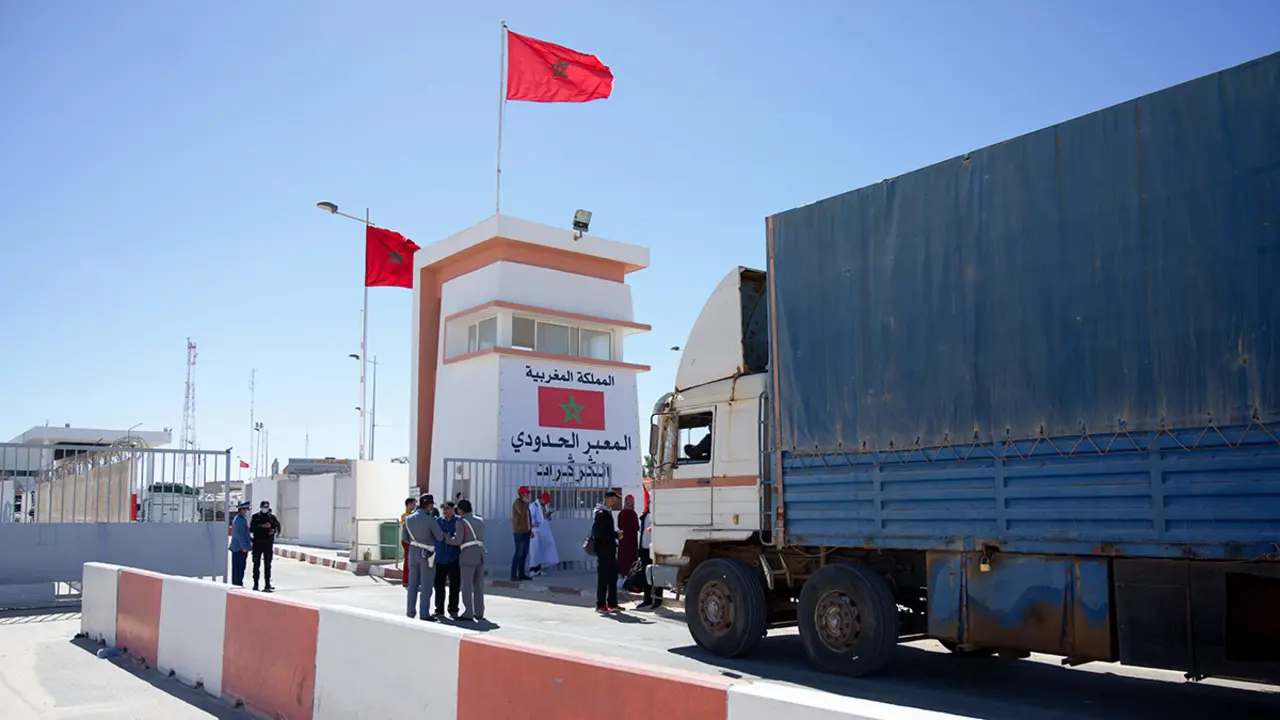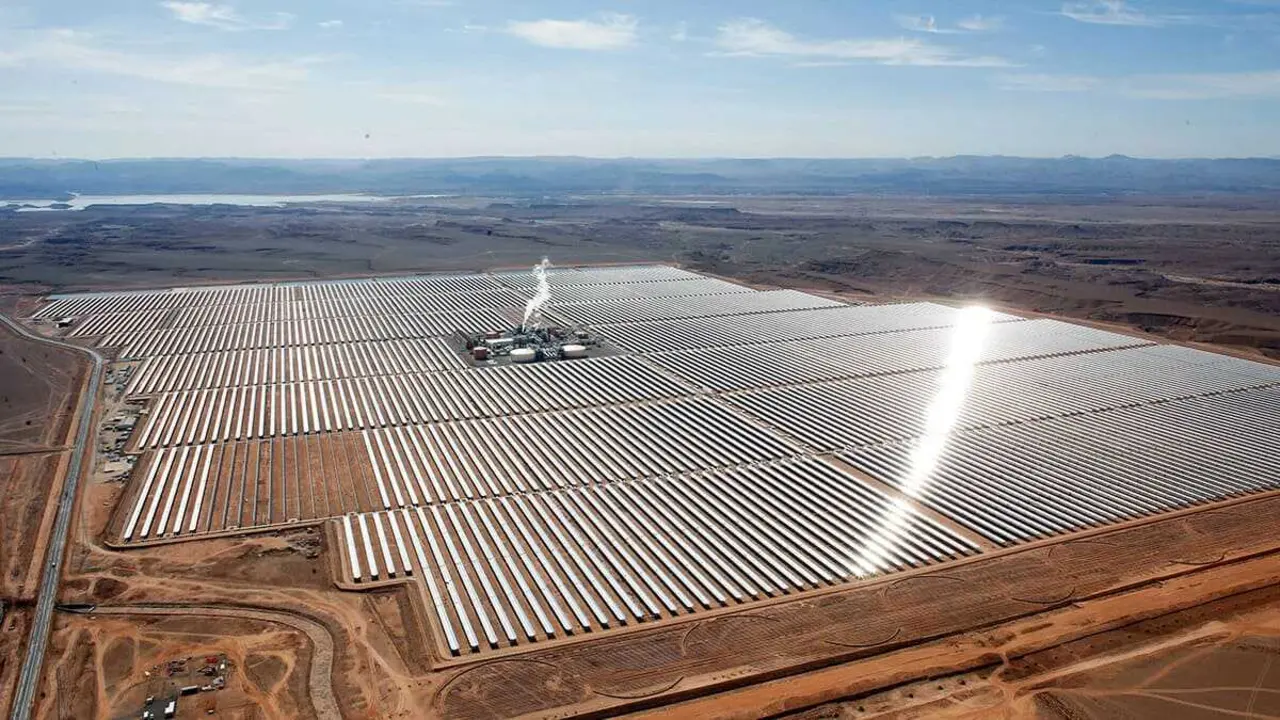Morocco extends wheat imports until April 2024

Morocco's National Professional Cereals Office has announced that the government will import up to 2.5 million tonnes of wheat during the first third of next year in order to compensate for local production affected by the drought.
"The import plan from January to April 2024 was approved by the Ministries of Finance and Agriculture, and details of the support will be published separately," the agency said in a statement.
After drought caused the local wheat crop to decline for a second year, the Moroccan government launched an import programme for the 2023-2024 season that reached 2.5 million tonnes between last July and September. This phase was followed by a second round from October to December this year, allowing imports of up to two million tonnes.
Rabat has now decided to extend this programme and maintain wheat imports, regardless of their origin, after the local harvest was affected by the drought and international prices increased.
In this sense, as Reuters points out, the European Union has become the Kingdom's main exporter following the fall in prices and the decline in Russian competition. "The winter season will hamper Russian shipments and therefore the extension of the Moroccan support programme may be good news for the EU in terms of sales," a European trader in the sector tells the news agency.

The extension of Moroccan imports may benefit several European countries such as France, after several shipments of French wheat to China were postponed.
On the other hand, in addition to losing an important market share in Algeria - which buys Russian wheat - Brussels also faces a new challenge with competition from Moscow in Morocco, which has modified its import system to facilitate imports from Black Sea countries.
According to data from the London Stock Exchange Group, so far this season, Russia has shipped some 140,000 tonnes of wheat to Morocco. This compares with the 1.8 million tonnes of wheat that the EU has sent to the Kingdom since last July, according to European figures.

In late summer, Morocco's wheat sector indicated that it would increase its wheat imports to around 2.5 million tonnes by September, but a further 2.5 million tonnes would also be needed by the end of June 2024.
In addition to ensuring local grain sufficiency in the country, Moroccan authorities are focused on adapting the area to climate change to protect local production.
The Ministry of Agriculture reduced production expectations for the current crop season to 20 million quintals (two million tonnes), due to weak rainfall compared to last season, so Morocco will be forced to inject an additional budget to cover the shortage.

In its assessments, the ministry expected the cereal harvest for the current year to reach around 5.51 million tonnes, an increase of 62% over last year.
But this figure puts the country far short of the target of increasing the harvest to 7.5 million tonnes, as assumed in this year's budget.
Production in the last cropping season was down, as the total harvest of the country's main cereals reached around 3.4 million tonnes, a weak figure due to the lack of rainfall.










